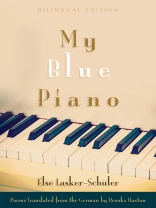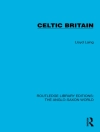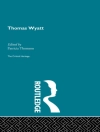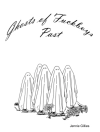Else Lasker-Schüler (1869–1945) was born into an affluent German Jewish family. Following the death of her parents and the dissolution of her marriage, the fledgling poet became notorious in the fashionable cafés of Berlin for appearing in costume as a Persian girl or as an Egyptian boy. Her flamboyance was echoed in her poetry, which combined the sexual with the religious in its exploration of the ecstatic experience. Critics have long dismissed her poetry as decadent in its romantic use of references to moonlight, flowers, and woodland creatures. In his introduction, Haxton addresses such criticism by arguing that what others have termed kitsch and cliché in Lasker-Schüler’s poetry may be understood more fully as a kind of iconoclasm, like that of her Expressionist contemporaries, and as an authentic expression of emotional tenderness. Her poetry also resonates with the cultural moment of Sarah Bernhardt’s gender-bending stage performances and Freud’s sexual interpretations of the subconscious.
The poems collected in this bilingual volume represent the full range of Lasker-Schüler’s work, from her earliest poems until her death. Haxton’s translation embraces the poems’ lyrical imagery, remaining faithful to the poet’s vision while also capturing the cadence and rhythms of the poetry.
Sobre el autor
Else Lasker-Schüler was a Jewish German poet and playwright. She wrote several volumes of poetry, plays, short stories, and essays. In 1932, she received the Kleist Prize, one of Germany’s highest literary honors.Brooks Haxton has published six collections of poems. His poems and prose have appeared in Atlantic Monthly, the New York Times Book Review, the New Yorker, and the Paris Review. He is the 2013 recipient of the Fellowship of Southern Writers’ Hanes Award, recognizing a distinguished body of work by a poet in midcareer. He teaches creative writing at Syracuse University.












